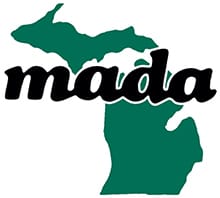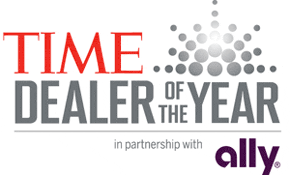According to reports in the FTC’s Consumer Sentinel database, text message scams took consumers for $330 million in 2022. The latest Consumer Protection Data Spotlight focuses on this form of fraud. With reported losses more than doubling in 2021 and nearly five times what people reported in 2019, would you be able to spot the five most common text message scams? What about your employees?
The Data Spotlight focuses on these five common text message scams.
1. Copycat bank fraud prevention alerts. According to the Data Spotlight, reports about texts impersonating banks are up nearly twentyfold since 2019 with median reported individual losses of $3,000 last year. People get a text supposedly from a bank asking them to call a number ASAP about suspicious activity or to reply YES or NO to verify whether a transaction was authorized. If they reply, they’ll get a call from a phony “fraud department” claiming they want to “help get your money back.” What they really want to do is make unauthorized transfers. What’s more, they may ask for personal information like Social Security numbers, setting people up for possible identity theft.
2. Bogus “gifts” that can cost you. What about those texts claiming to be from a well-known company offering a free gift or reward? If people click the link and use their credit card to cover the small “shipping fee,” they’ve just handed over their account information to a scammer. Reports to Consumer Sentinel tell us that fraudulent charges are likely to follow.
3. Fake package delivery problems. On any given day, what home or business isn’t expecting a delivery? Scammers understand how our shopping habits have changed and have updated their sleazy tactics accordingly. People may get a text pretending to be from the U.S. Postal Service, FedEx, or UPS claiming there’s a problem with a delivery. The text links to a convincing-looking – but utterly bogus – website that asks for a credit card number to cover a small “redelivery fee.”
4. Phony job offers. With workplaces in transition, some scammers are using texts to perpetrate old-school forms of fraud – for example, fake “mystery shopper” jobs or bogus money-making offers for driving around with cars wrapped in ads. Other texts target people who post their resumes on employment websites. They claim to offer jobs and even send job seekers checks, usually with instructions to send some of the money to a different address for materials, training, or the like. By the time the check bounces, the person’s money – and the phony “employer” – are long gone.
5) Not-really-from-Amazon security alerts. People may get what looks like a message from “Amazon,” asking to verify a big-ticket order they didn’t place. Concerned about the security of their account, people call the number in the text and are connected to a phony Amazon rep who offers to “fix” their account. But oopsie! Several zeroes are mistakenly added to the “refund” and the “operator” needs the caller to return the overpayment, often in the form of gift card PIN numbers.
According to the Data Spotlight, reporting can help stop scam text messages. Forward the text to 7726 (SPAM). This helps your wireless provider block similar messages. Report it on either the Apple iMessages app or Google’s Messages app for Android users. And report it to the FTC at ReportFraud.ftc.gov.
https://www.ftc.gov/business-guidance/blog/2023/06/can-your-staff-spot-five-most-common-text-message-scams




